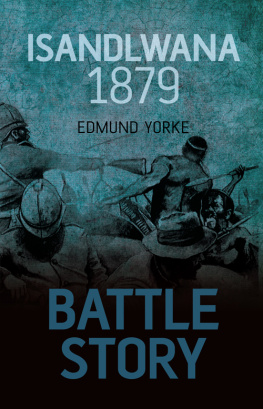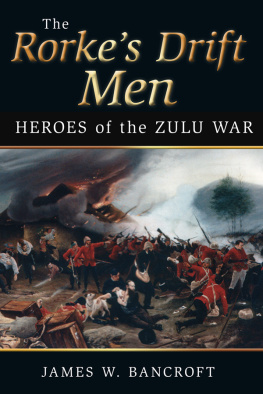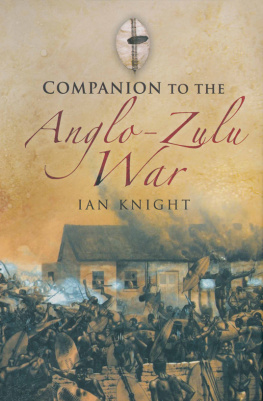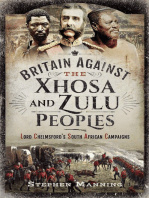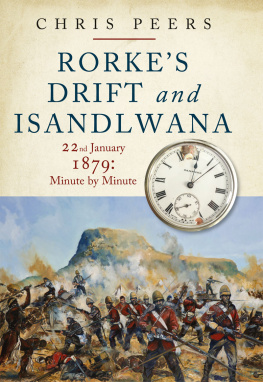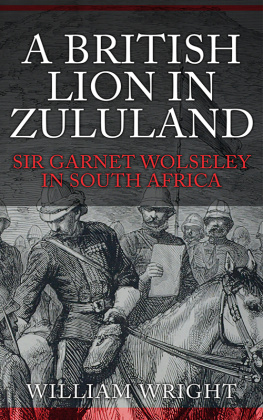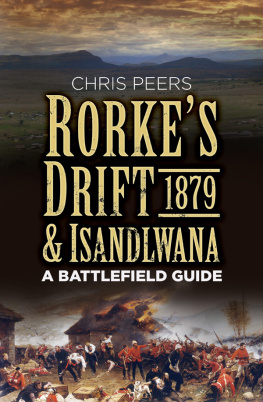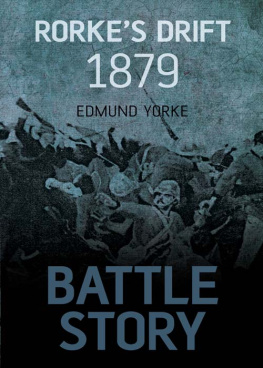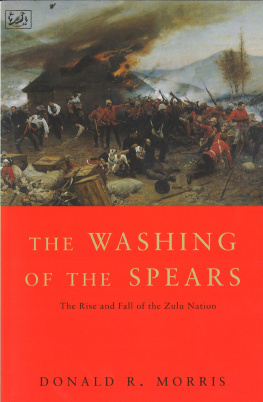
First published in Great Britain by
PEN AND SWORD MILITARY
an imprint of
Pen and Sword Books Ltd
47 Church Street
Barnsley
South Yorkshire S70 2AS
Copyright Harry Turner, 2016
ISBN: 978 1 47386 302 6
PDF ISBN: 978 1 47386 305 7
EPUB ISBN: 978 1 47386 304 0
PRC ISBN: 978 1 47386 303 3
The right of Harry Turner to be identified as the author of this work has been asserted by him in accordance with the Copyright, Designs and Patents Act 1988.
A CIP record for this book is available from the British Library.
All rights reserved. No part of this book may be reproduced or transmitted in any form or by any means, electronic or mechanical including photocopying, recording or by any information storage and retrieval system, without permission from the Publisher in writing.
Printed and bound in England by
CPI Group (UK) Ltd, Croydon, CR0 4YY
Typeset in Palatino by CHIC GRAPHICS
Pen & Sword Books Ltd incorporates the imprints of
Pen & Sword Archaeology, Atlas, Aviation, Battleground, Discovery, Family History, History, Maritime, Military, Naval, Politics, Railways, Select, Social History, Transport, True Crime, Claymore Press, Frontline Books, Leo Cooper, Praetorian Press, Remember When, Seaforth Publishing and Wharncliffe.
For a complete list of Pen and Sword titles please contact
Pen and Sword Books Limited
47 Church Street, Barnsley, South Yorkshire, S70 2AS, England
E-mail:
Website: www.pen-and-sword.co.uk
Contents
For Jamie Wilson,
firm friend and wise counsel
Acknowledgements
The Washing of the Spears by Donald R. Morris (Jonathan Cape, London, 1966)
Zulu Rising by Ian Knight (Macmillan, London 2010)
The Anatomy of the Zulu Army by Ian Knight (Macmillan, London 2004)
Zulu by Saul David (Viking Books, London 2004)
The Curling Letters by Adrian Greaves & Brian Best (Pen & Sword, Barnsley, South Yorkshire 2001)
Warrior Race by Lawrence James (Little Brown & Co., London 2001)
Zulu Hart, A Novel by Saul David (Hodder and Stoughton, London 2009)
Ghosts of Empire by Kwasi Kwarteng (Bloomsbury, London 2011)
Disraeli by Robert Blake (Eyre & Spottiswood, London 1966)
Redcoat by Richard Holmes (Harper Collins, London 2005)
Rorkes Drift by James W. Bancroft (Jonathan Ball, Johannesburg 1989)
Introduction
The nineteenth century saw the British Army engaged in a series of monumental engagements around the globe. In almost every continent the Redcoats of our soldiers seemed in perpetual action against enemies of the Crown.
After giving Napoleon Bonaparte a bloody nose in the Peninsular War across Spain and Portugal we were obliged to finish the job in 1815 at the Battle of Waterloo.
1854 saw our soldiers wrapped in a titanic struggle with the Russians in the Crimean War.
Just three years later in the jewel of the Empires Crown, India, British Redcoats were again in bloody conflict during the Indian mutiny.
The 1879 Anglo-Zulu war in South Africa was brief but equally bloody and one which many historians believe was unnecessary and mistaken.
Prime Minister Benjamin Disraeli expressed shock and disbelief that a group of half-naked, apparent savages, armed only with spears could give the British Redcoats such a mauling before they were finally overcome.
In fact King Cetshwayos Zulus were a superb, disciplined and courageous people, savage perhaps, but with their own code of honour and capable of showing remarkable tactical skill and endurance.
This short war in South Africa was the stuff of legend, brimful of dash and daring, illuminated by extraordinary characters on both sides from the great Zulu Generals to Queen Victorias great nephew the Prince Imperial (Napoleon IIIs son) who was sent out to join the British troops in their ferocious struggle against the Zulu Impis.
The war was started without any sanction from the British Government, by our men on the spot so to speak, led by Sir Henry Bartle Frere whose statue, surprisingly, still stands in Londons Embankment Gardens.
Although the British arrived in the Cape in 1806, they were much resented by the Afrikaner settlers. Thousands of Boer families withdrew from their farms in which they had toiled for years before the British arrived, packed their possessions onto oxcarts and set off into the unknown.
As this book is primarily, if not exclusively, about the relationship between the British and the Zulus I have chosen not to dwell upon the history of the Boers in Africa - their story, also in its way remarkable, is fuel for a separate book altogether.
There have been two excellent cinema epics about the Anglo-Zulu war Zulu Dawn which was about the fateful Battle of Isandlwana and of course Zulu which covered the siege of Rorkes Drift and which gave Michael Caine his first starring role.
In spite of having seen both these films many times they cannot even remotely match the experience and privilege I had of a one-to-one, three hour conversation with the late David Rattray on the site of Rorkes Drift in 2006.
Davids mesmerising words and fabulous knowledge of the Battle were worth a million movie moments.
While I have chosen to re-tell the story of the Anglo-Zulu war in verse I am indebted to a number of authors whose scholarly work on the subject has furnished me with a treasury of information and deep historical insight. The most prominent being the brilliant Ian Knight, the equally dazzling Saul David and the extraordinary New Yorker, Donald R. Morris.
Acknowledgements to these men and their work, along with others, are listed in the following pages.
Harry Turner
Weybridge, Surrey, 2016
The Poems

UHLALANKHOSI (THE TREE OF KINGS)
Beneath the azure helmet of the sky
And a piercing orange sun,
Flit a million tiny insects
Whose lives have just begun.
The landscape is majestic
But brittle and bone dry,
And from a distant thorn bush
You can hear a leopard sigh.
The first dawn mist has melted
And the plains are bathed in light,
Showing every undulation
Almost shadowless and bright.
Upon this vast arena
Human figures can be seen,
They cloak the slopes in thousands
Bible-black against the green.
For this is Zulu country
And has been since time began
For warrior and farmer
And for woman, child and man.
Between the winding swathes of grass
Horned cattle slowly graze,
And tiny lads with painted sticks
Their bovine herds appraise.
Close by are huts of mud and straw
All nestled in the hill,
Outside squat Zulu women
Whose voices pipe and trill.
The menfolk are approaching
Back from an early hunt,
While in the village lean hounds bark
And bristled, porkers grunt.
The hunt has been successful
And tonight therell be a feast,
Washed down with millet beer in cups
To toast the slaughtered beast.


